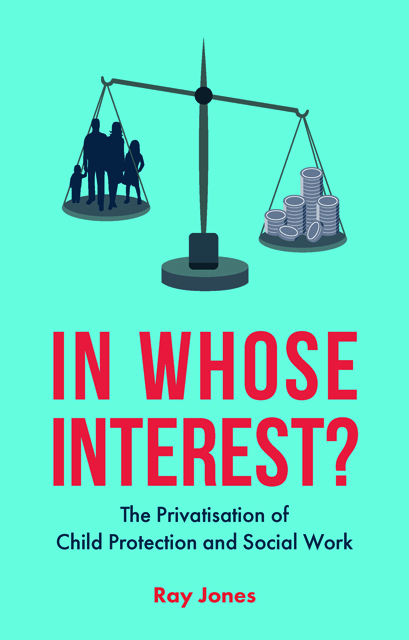eight - Privatisation of public services and the undermining of the welfare state
Published online by Cambridge University Press: 14 April 2023
Summary
If marketisation, commercialisation and privatisation drove improved performance and generated greater effectiveness, efficiency and economy (and maybe also equity – providing the same opportunities and outcomes for all) the journey would be positive and to be applauded. However, this is not the finding of recent history based on the experience of services which have already been forced or coerced into private ownership and immersed in the contract culture.
In a book on the ‘Shadow State’, described by Margaret Hodge when chair of the House of Commons Public Accounts Committee as ‘Puncturing the myth that the private sector is better at delivering public service’, Alan White, a reporter at Buzzfeed News, noted that:
Supporters of outsourcing will tell you that one thing it brings – which isn’t available in the state sector – is competition. If companies don’t do their jobs properly – or don’t provide value for money while doing it – they’ll be replaced by ones that can ... But it just doesn’t work like that … The first reason [that outsourcing does not drive value for money] is the fact that contracts are drawn up in such a way that – disregarding the gigantic fines and reputational damage that companies have occasionally suffered in recent years when things have gone wrong – too often the balance of risk and reward seems unfairly tipped in favour of the firms.
Why might this be so? First, those letting the public service contracts may have experience in contracting but not in the specific field within which they are letting the contract. Secondly, if they buy in contracting advice or capacity it is often (as with central government and its buying in of advice about how to create a statutory children’s social services marketplace) from the private sector management consultancy companies which are ingrained and immersed within the ideology of marketisation and privatisation (from which they generate their fees and make their profits). Thirdly, those managing the contracts which have been let may again not know much about the services which have been contracted out, as the public sector quickly loses its own service experience and expertise.
- Type
- Chapter
- Information
- In Whose Interest?The Privatisation of Child Protection and Social Work, pp. 167 - 176Publisher: Bristol University PressPrint publication year: 2018



